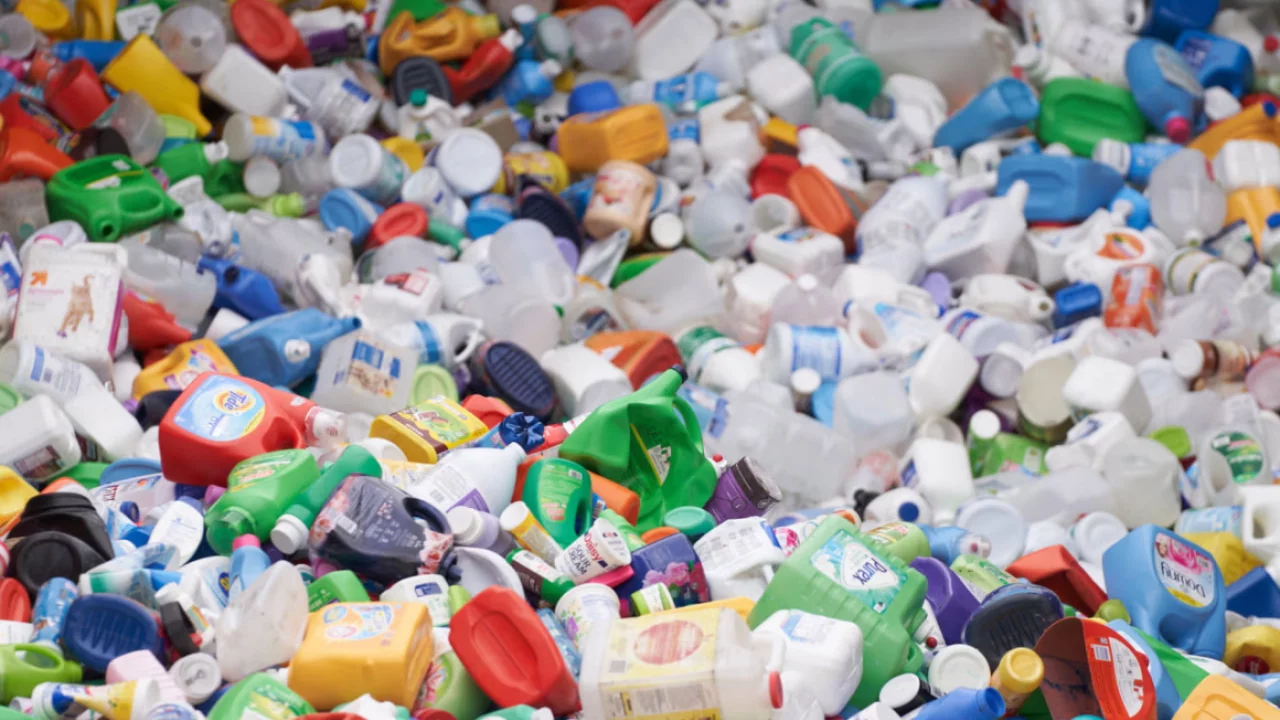Medicine from plastic: British scientists revolutionize the production of paracetamol

Benefit from plastic waste: British scientists modified E. coli to create a new technology
Every year, millions of tons of plastic worldwide become waste. At the same time, one of the most essential medicines for human health — paracetamol — is still produced from petroleum products. However, recently scientists at the University of Edinburgh achieved a scientific breakthrough that could simultaneously address these two global problems.
British researchers genetically modified the E. coli bacterium, transforming it into a microscopic factory that converts plastic waste into the medicinal compound paracetamol. This discovery is detailed in a paper published in the journal “Nature.”
A new approach to the chemical process
The researchers used the Lohsen reaction, known since 1872. This reaction is significant in chemistry for converting certain substances into useful compounds. The scientists successfully carried out this reaction inside living bacteria for the first time, which is a major achievement. Previously, the reaction required toxic metals or high temperatures.
Now phosphate ions, naturally present in bacterial cells, can catalyze this reaction safely and effectively. This eliminates the need for toxic substances and utilizes an energy-efficient method.
The bacterium becomes a new drug factory
Engineers at the University of Edinburgh engineered a strain of genetically modified E. coli. This bacterium normally cannot synthesize para-aminobenzoic acid (PABA), which is essential for organisms. However, when it receives a specially chemically modified substrate derived from plastic waste, it converts it to this acid and begins active reproduction.
The process starts with breaking down polyethylene terephthalate (PET) plastic into terephthalic acid, which is then chemically modified and prepared as a substrate for bacteria. The modified E. coli converts this substance into PABA, and then with special enzymes into paracetamol. Thus, a substance that was initially waste becomes a source of medicine.
Interestingly, in lab conditions, the yield of paracetamol reached 92%, which is very high and increases the likelihood of industrial-scale application.
Practical value of the scientific breakthrough
The study’s authors emphasize that this technology helps solve two major global issues simultaneously. First — reducing plastic waste. Currently, about 56 million tons of PET plastic are produced annually, most of which becomes unrecycled waste. This poses a serious ecological threat.
Second — transitioning drug production to an eco-friendly method. Paracetamol is one of the most widely used drugs worldwide. Every day millions of people use it for pain, fever, and inflammation. However, it is currently synthesized from petroleum products, which is environmentally hazardous. This new biotechnological approach allows producing paracetamol at room temperature without toxic chemicals and at low cost.
Prospects at individual and industrial scales
This invention could open new pathways in medicine and industry. For example, not only paracetamol but other drugs could also be produced from waste using biological methods. If fully implemented industrially, this technology would not only mitigate environmental problems but also significantly reduce drug costs.
Hence, the international scientific community is highly interested in the research. Various laboratories and pharmaceutical companies are currently interested in collaborating to test the technology in practice.
Conclusion: science and nature jointly solve problems
The work of the British scientists is a bright example of successful integration of modern bioengineering, chemistry, and ecological responsibility. It not only helps reduce the plastic problem but also opens new directions for developing safe and effective medicines.
Perhaps in the near future, pharmaceuticals will be produced from waste, becoming environmentally friendly and affordable. And then science, living nature, and human needs will converge at one point.
Read “Zamin” on Telegram!
Ctrl
Enter
Found a mistake?
Select the phrase and press Ctrl+Enter 




















